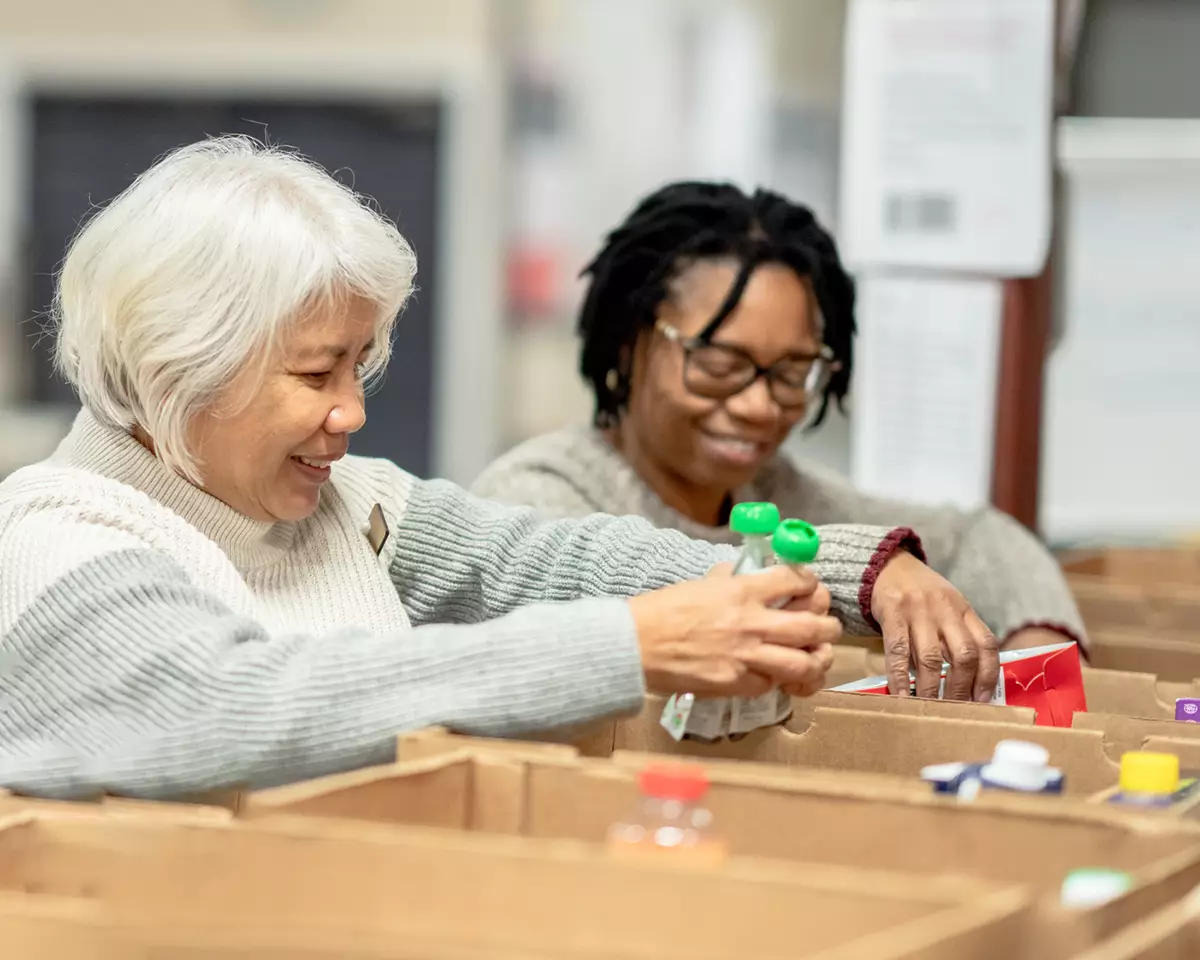WHO declares loneliness a global health concern. Here’s how to recognize if someone in your life is at risk

Even in our hyper-connected world, many people struggle with loneliness. The problem is so pervasive that in November, the World Health Organization (WHO) declared loneliness a “global health threat” and launched the WHO Commission on Social Connection to combat it. U.S. Surgeon General Dr. Vivek Murthy, who is helping lead the commission, said the impact of loneliness on mortality is the equivalent of smoking 15 cigarettes per day.
Signs your loved one could be at risk for loneliness
The CDC states that social isolation and loneliness put people at increased risk for the following health conditions:
- Premature death (rivaling the risk of smoking, physical inactivity and obesity)
- Dementia
- Depression
- Anxiety
- Suicidal ideation
- Stroke
- Heart disease
Loneliness, social isolation and a lack of social interaction can be especially harmful for older adults. According to the National Academies of Sciences, Engineering, and Medicine (NASEM), a third of adults over the age of 45 feel lonely, and a quarter of adults over the age of 65 are considered isolated socially. Older adults are more prone to loneliness and isolation when they live alone, lose loved ones, have a chronic illness or experience hearing loss.
The National Institute on Aging says these signs may indicate an older adult in your life may need help, more support and more social connections:
- Changes at home (is the home gathering clutter? Can the person safely prepare food for themselves?)
- Mental health concerns and signs of depression
- Poor hygiene
- Significant weight loss or weight gain
- Talk of loneliness or isolation
Combating loneliness among older adults in St. Louis
Paul Weiss, president of Oasis, a nonprofit focused on empowering older adults in the community and helping them stay connected, engaged and thriving, says other factors that put older adults at risk of loneliness are lack of access to technology and transportation. Oasis, which was founded as part of the original Jewish Hospital, is now part of BJC HealthCare’s Community Health Improvement team, which is committed to addressing barriers to health and well-being to ensure that everyone has an opportunity to live their healthiest life.
Weiss says it’s important for older people to “pursue vibrant, healthy, productive and meaningful lives.” Oasis offers programs — using the arts, history, health, exercise, volunteer engagement and more — that enrich the lives of older adults across communities. Programming at Oasis is tailored to the needs of the community it serves. “We try to understand what the needs are, what the interests are and how we can get people out and doing things with us,” Weiss says. “Everything we do increases the social connection and the footprint of an older adult's life.”
Three ways older adults at risk for loneliness can connect with their communities
“Between lifelong learning, exercise and health programs, and our international tutoring
and other volunteer programs, we have this constellation of opportunities for people to engage in their health and in feeling purposeful,” Weiss says. Below are three ways older adults can connect with Oasis.
Volunteer. The intergenerational tutoring offered by Oasis has operated for 34 years and places older adults in partner schools after training them to be literacy tutors and mentors.
You can also connect with volunteer opportunities via the Oasis website volunteer page.
Take a class online. At the start of the COVID-19 pandemic, all of Oasis’s in-person programs were suspended. In March 2020, Oasis began creating live, interactive programs that taught technology skills to older adults. Today, there are over 3,000 active users. “My mother's 86,” Weiss says, “and she exclusively does Oasis classes online, and her reason is that it's just easier. She doesn't drive anymore, so she attends online."
Participate in an exercise program. Exercise classes offered include walking, hiking, biking, ballroom dancing, line dancing, Tai Chi, strength classes, stretching classes and more. “We see the magic happen in our exercise programs,” Weiss says. “A lot of times, it’s a very tight cohort that have been doing the same kind of exercise with the same instructor on the same days of the week for years. It really builds a community among the participants.”
Connect with Oasis to learn more about volunteering and tutoring opportunities. Read more about BJC’s Community Health Improvement priorities.
Recent News
News
The new mental health center is set to open in late 2026.
Article
Breathe Easier: Tips for Improving Your Lung Health
Article
Chenitra Emergency Care
Article
Leading The Way in Lung Cancer Diagnosis
Article
Safety Tips for 4th of July Firework Fun
Article